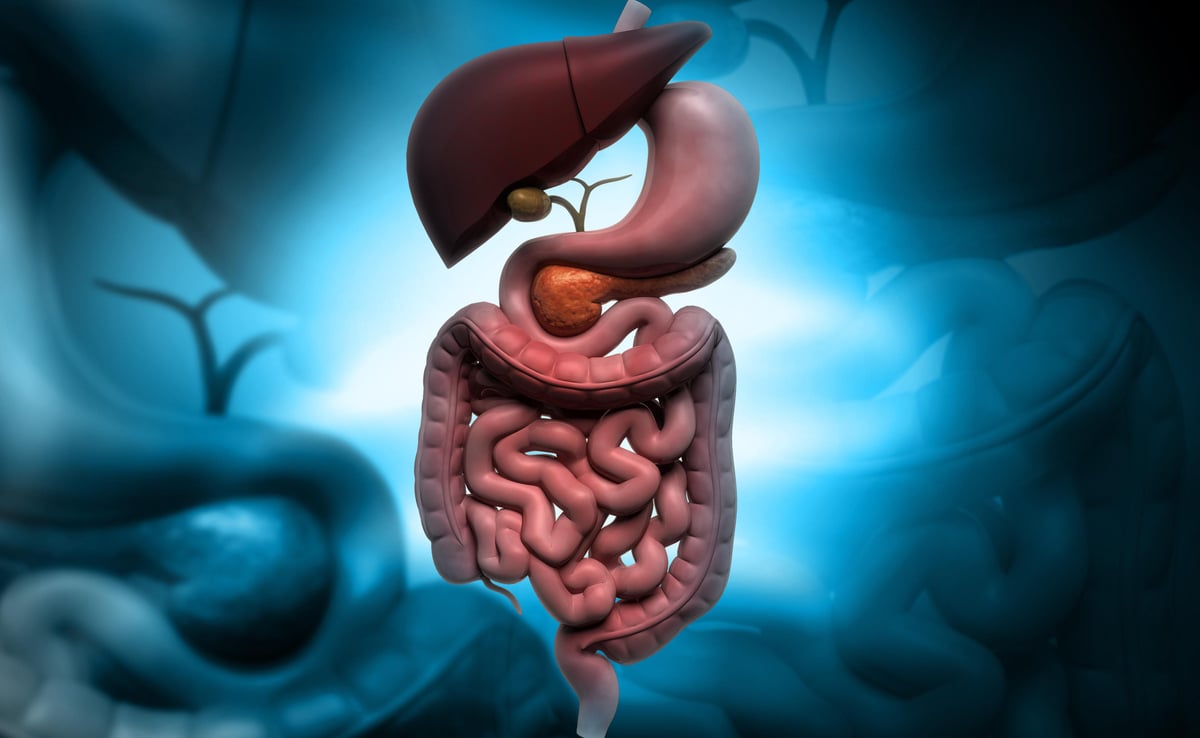Spleen Volume Linked to Outcome After HSCT for Leukemia Patients

WEDNESDAY, July 19, 2023 (HealthDay News) -- For patients with acute myeloid leukemia (AML), higher spleen volume at the time of hematopoietic stem cell transplant (HSCT) is associated with inferior overall survival and an increased incidence of nonrelapse mortality (NRM), according to a study published online July 10 in the Annals of Hematology.
Alexander Pohlmann, from University Hospital Münster in Germany, and colleagues examined the predictive value of spleen volume on outcome parameters and engraftment kinetics after HSCT in a cohort of 402 patients with AML who received their first HSCT between January 2012 and March 2019, with a median follow-up of 33.7 months. Patients were subdivided based on median spleen volume of 238.0 cm3 into small and large spleen-volume (LSV) groups.
The researchers found that LSV was associated with inferior overall survival after HSCT (55.7 versus 66.6 percent at two years) and with a higher cumulative incidence of NRM (28.8 versus 20.2 percent at two years). In the LSV group, the adjusted hazard ratio for NRM was 1.55. The groups did not differ in terms of time to neutrophil or platelet engraftment and the occurrence of acute or chronic graft-versus-host disease.
"Our study identifies spleen volume as an independent risk factor for adverse outcome in AML patients undergoing allogeneic HSCT, mainly due to increased rates of NRM," the authors write.
Related Posts
CPR
CPR -- cardiopulmonary resuscitation -- is a potentially life-saving procedure...
AHA News: Flu-Related Myocarditis Is Rare But Can Be Fatal, as Ohio Family Learned
MONDAY, July 10, 2023 (American Heart Association News) -- Last December, during...
Many Gen Z Americans Have Sun Safety All Wrong
WEDNESDAY, July 6, 2022 (HealthDay News) -- You might think everyone knows by...
3 Factors Helped Teens Stay Mentally Healthy During Pandemic
https://consumer.healthday.com/teen-mental-health-...
